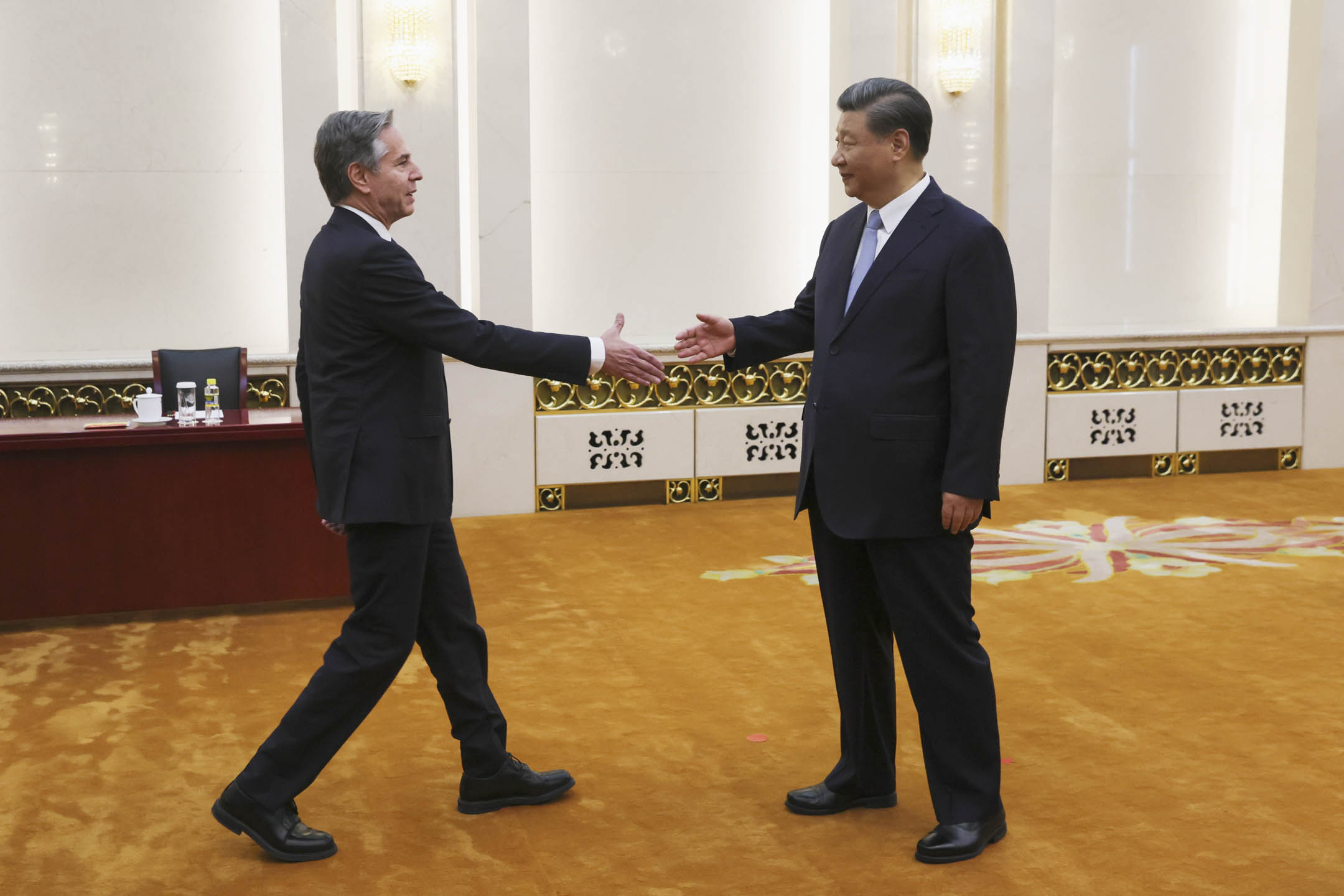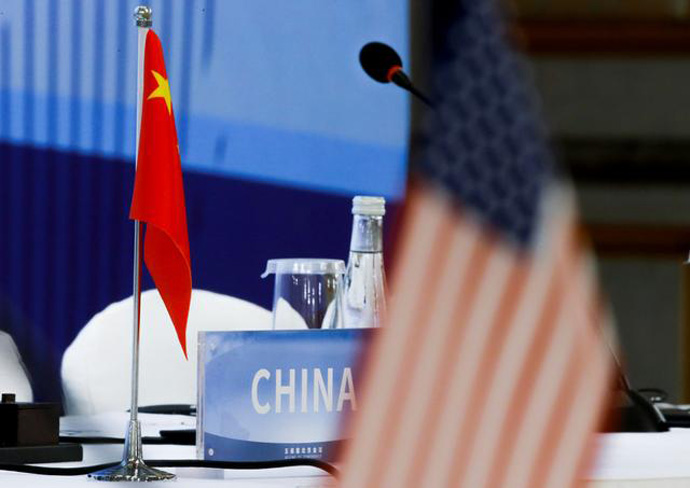
David Shambaugh, Gaston Sigur Professor and Director of China Policy Program at George Washington University, Distinguished Visiting Fellow at Hoover Institution of Stanford University
Jun 23, 2023
After more than twelve hours of direct and candid discussions between U.S. Secretary of State Antony Blinken and senior Chinese officials (including President Xi Jinping), the volatile U.S.-China relationship is slightly more stable . But while the visit will catalyze more regularized exchanges and high-level visits in the coming weeks and months, the relationship remains deeply strained over a wide variety of issues and deep differences in views—which are not going to fundamentally change.
Mar 20, 2023
Xi Jinping is making more significant diplomatic moves to end the Ukraine-Russian conflict.
Cheng Li, Director, John L. Thornton China Center, The Brookings Institution
Aug 05, 2022
As China further develops its aviation and space industries, China has become more willing to play hardball on the world stage and take advantage of commercial interests, much to the consternation of the United States.

Zhao Minghao, Professor, Institute of International Studies at Fudan University, and China Forum Expert
Aug 01, 2022
The recent conversation offered an opportunity to manage bilateral relations from a strategic height. But because of domestic political strife in the U.S, there will likely be no letup in attempts to amplify “China threat” rhetoric.
Yu Sui, Professor, China Center for Contemporary World Studies
Oct 07, 2021
In his speech at the United Nations on Sept. 21, China’s president placed new emphasis on outreach to the world in the fight against COVID-19, as well as major new commitments to reducing coal consumption globally. “The world is big enough to accommodate the common development and progress of all countries,” he said.
Nie Wenjuan, Deputy Director of Institute of International Relations, China Foreign Affairs University
Oct 07, 2021
Speeches by Xi Jinping and Joe Biden laid out their understanding of the international political order from the perspective of their own national history. Developed nations in the West may identify with the U.S. vision, while developing nations may find the Chinese vision more attractive.
Zhao Minghao, Professor, Institute of International Studies at Fudan University, and China Forum Expert
Oct 02, 2021
“There is only one system in the world, and that is the international system with the United Nations at its core,” President Xi Jinping said. “There is only one order, and that is the international order based on international law.”
Yu Sui, Professor, China Center for Contemporary World Studies
Jul 13, 2021
At a ceremony marking the centennial of the CPC, China’s top leader reviewed the history of the Party and laid out a course for its journey ahead. The world was listening as he outlined the country’s core philosophy, goals and prospects.
Sun Chenghao, Fellow, Center for International Security and Strategy of Tsinghua University; Visiting Scholar, Paul Tsai China Center of Yale Law School
Wang Lei, Assistant Research Fellow, Institute of World Political Studies, CICIR
Oct 08, 2020
When U.S. president Donald Trump addressed the United Nations in a pre-recorded speech, he continued his sabotage of everything the organization stands for. By contrast, President Xi Jinping was the adult in the room, making the case that major powers have major responsibility.
Philip Cunningham, Independent Scholar
Aug 21, 2020
The US-China relationship has become characterized by tit-for-tat responses. In these hypercritical times, asymmetrical responses may be the only way to get these two countries back to the business of cooperative, civil relations.